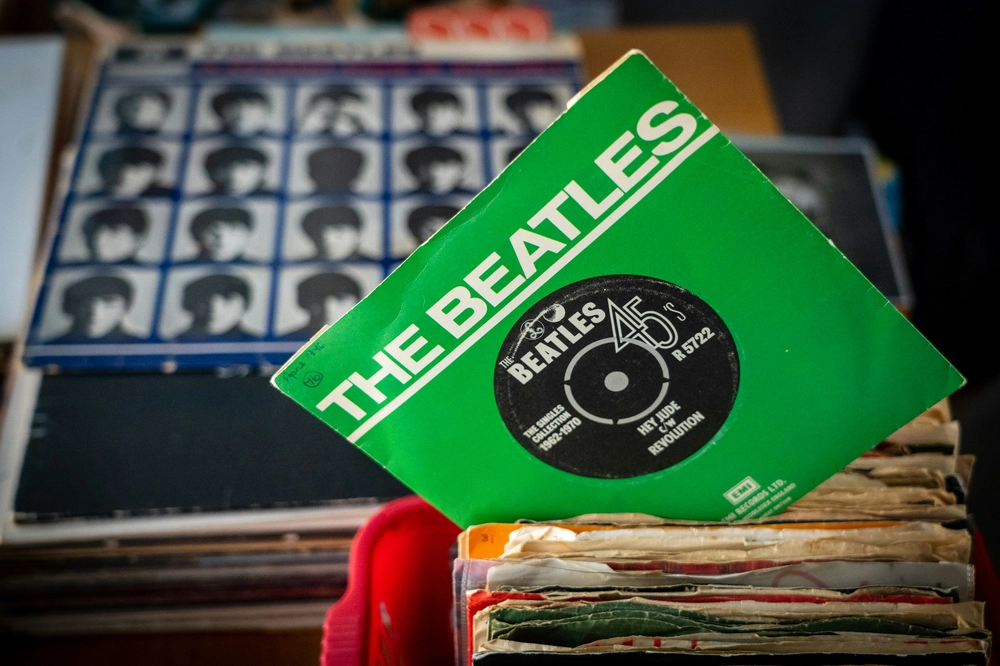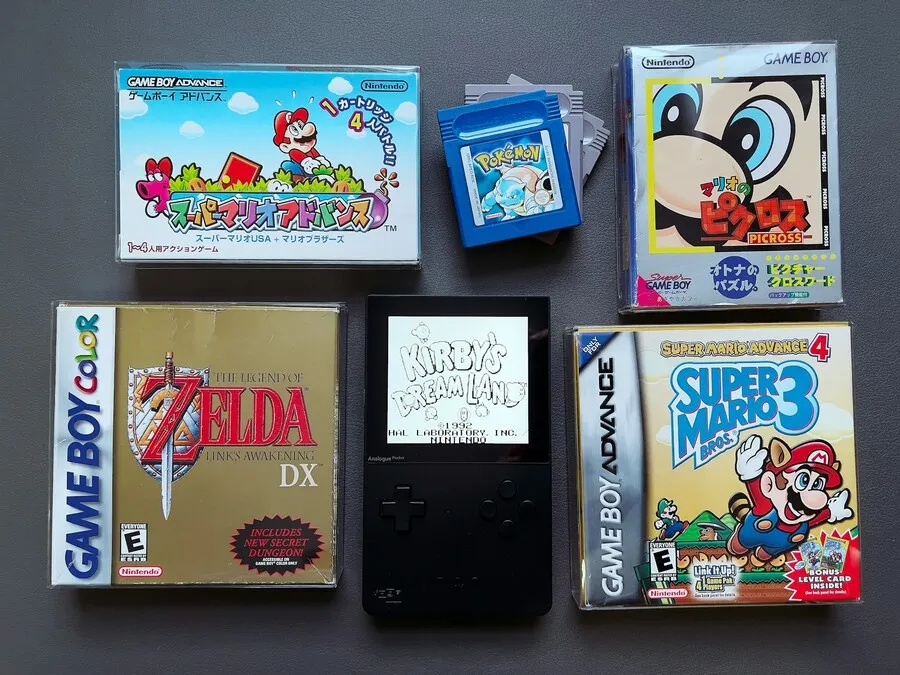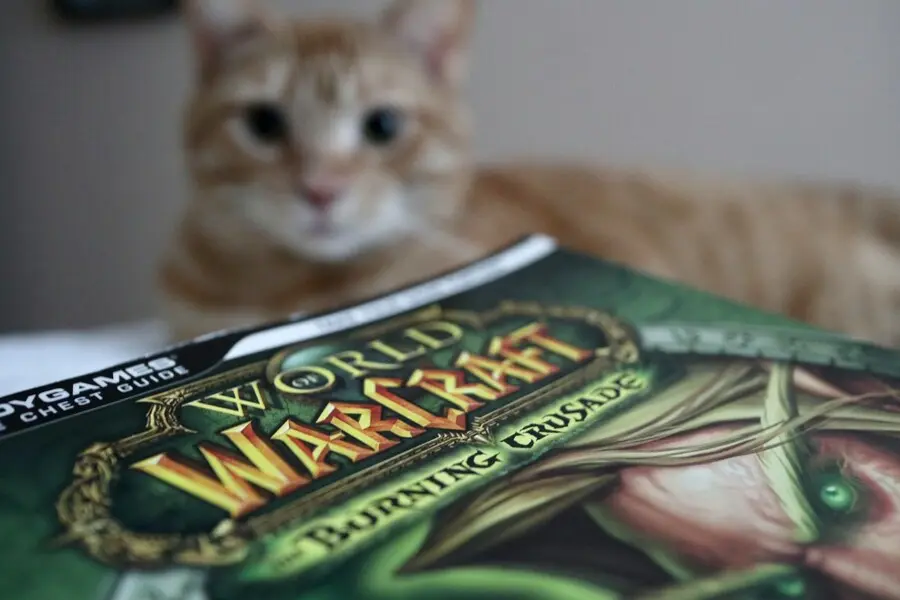How do you explain the continuing popularity of the Beatles, a pop group that broke up officially in 1970? The Beatles break up was marked with rancor and resentment between McCartney and Lennon. Lawsuits were filed and legal matters dragged out for years, during which time the principles hardly communicated. Harrison recorded all those songs unappreciated by the Lennon/McCartney juggernaut on the double album “All Things Must Pass.” And even though McCartney and even Ringo Starr have had viable post Beatle careers, the parts are less than the whole, especially those who remember the Beatlemania of the 1960s.
This sour end to the most popular music group of all time has not cooled the ardor of their fans. Each CD re-incarnation of the vinyl album sells in the millions. The Beatles Anthology, a complete and pricey retrospective set of their entire career, became a run-away best seller in the mid 1990s and again in its 2003 DVD release. The Cirque du Soleil’s “Love” Las Vegas show is the ticket of the year and is garnering rave reviews. And Beatle fanatics continue to make pilgrimages to iconic Liverpool and London locations to experience the landmarks in the Beatles history.
So what is going on here? Besides Elvis Presley, it’s hard to think of any other non-current artist or group that still commands attention and record sales like the Beatles. It’s no stretch to say that, as a group, the Beatles penned more quality tunes than any other pop/rock musical group or artist. The sweep of their material, from the charming “From Me To You” to the personal pleas of “Help,” to rave ups like “Helter Skelter” is unrivaled in modern popdom. It was the Beatles who established the long playing album as an artistic medium that showcased interesting songs and compelling performances with no discernible duplication or flagging of inspiration through almost 10 years.
Before the Beatles, albums were afterthoughts to the radio hit, with one or two hits filled out with lesser formula tunes. Even King Elvis suffered from this syndrome with his movie soundtrack albums. Blame manager Tom Parker who foisted on Elvis mostly forgettable tunes cranked out by composers willing to sell their songs cheap to the Colonel’s in-house publishing company. But most albums of the day were of this ilk, a hit tune or movie title song surrounded by often forgettable dross.
The Beatles were lucky to hook up with George Martin, a creative and sympathetic producer and musician. Up until the Beatles, most artists had little control over their product, deferring that role to experienced producers and A&R men. Martin familiarized the Beatles with the techniques of studio work and frequently suggested song arrangements. But even he at an early date realized the rare and extraordinary song writing talent that Lennon/McCartney were developing song by song. And it continued and matured through each and every album.
People forget how rare it was in 1962 for a music combo to write, sing and play its own compositions. The pop music model had been Elvis-inspired singers named Bobby and Tommy who plied mostly forgettable songs to sighing teenagers. The Beatles changed all that in something resembling a revolution. Suddenly, four or five piece combos were “in” and record executives expected musical proficiency and hit song writing all wrapped into one package. Music stores began selling electric guitars and amplifiers by the boatload. Beatlemania was born.
The Beatles raised the bar for other to follow. The so-called “British Invasion” consisting of groups like Herman’s Hermits, the Zombies and the Dave Clark Five who offered energetic songs filled with memorable melodic hooks.
Go to any Paul McCartney or Ringo concert and you’ll see fans of all generations, not just aging baby boomers. Many of these fans continue to gather at annual Beatle fests in America and Liverpool to pay homage to their favorite band. This is the most powerful testament to the enduring legacy of the Beatles. As the magical melodies travel from generation to generation, as more CDs and DVDs are bought and enjoyed, you can be assured that the Beatles will remain as relevant today as they were in those halcyon days of 1963-1970.
Source by Eugene Brenner












